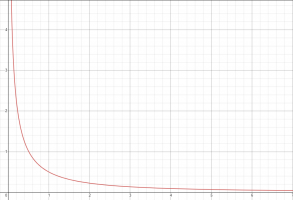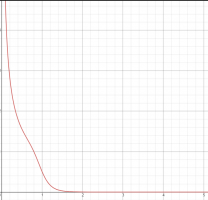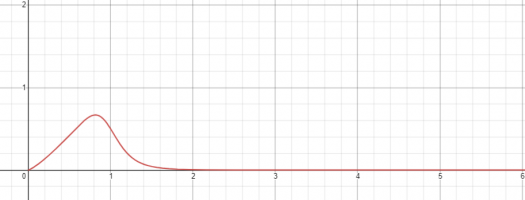AvgStudent
Full Member
- Joined
- Jan 1, 2022
- Messages
- 256
Let [imath]r,s \in \R[/imath] be such that [imath]0 < r < s[/imath]. Find the exact value of the integral
[math]\int_{0}^{\infty}\frac{x^{r-1}}{1+x^s}\,dx[/math]No clue....?
[math]\int_{0}^{\infty}\frac{x^{r-1}}{1+x^s}\,dx[/math]No clue....?



